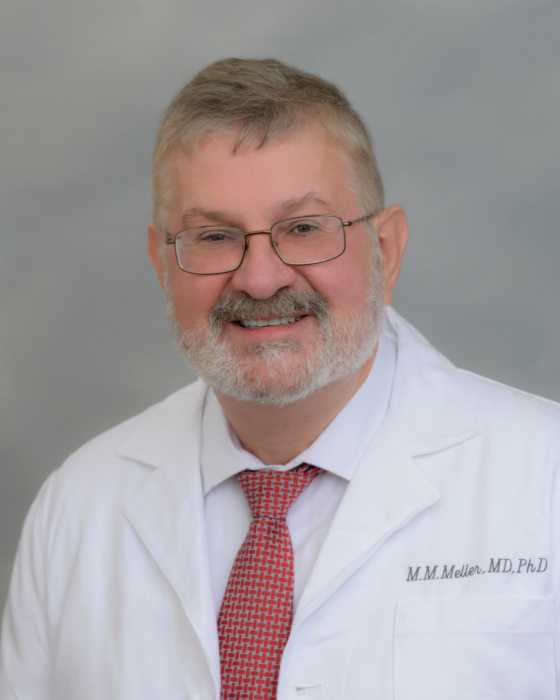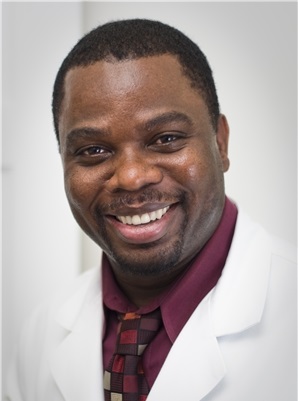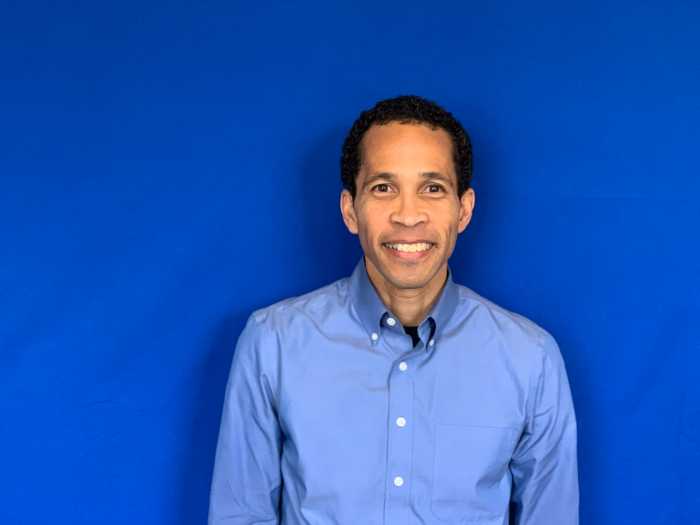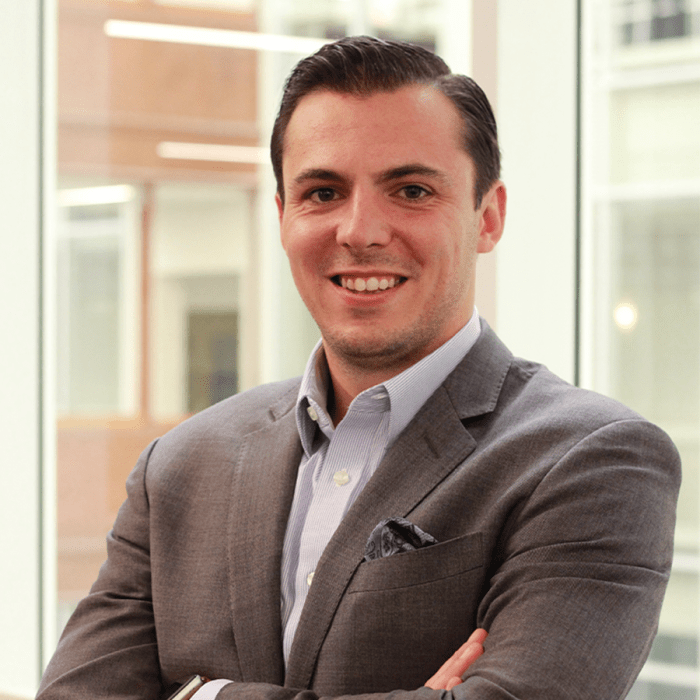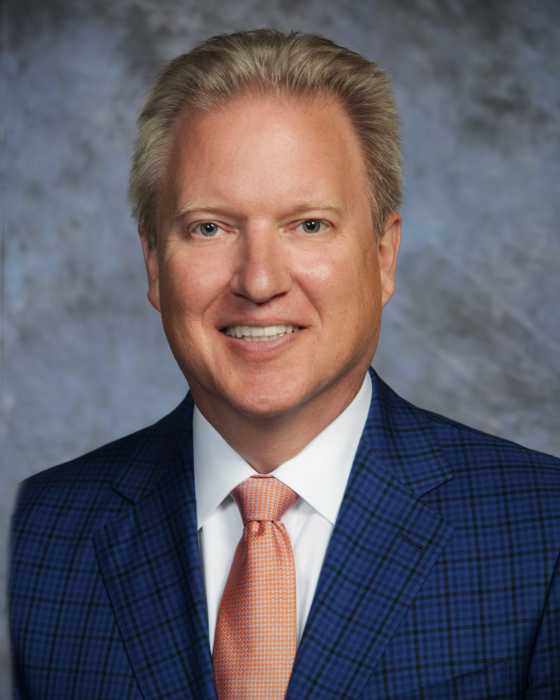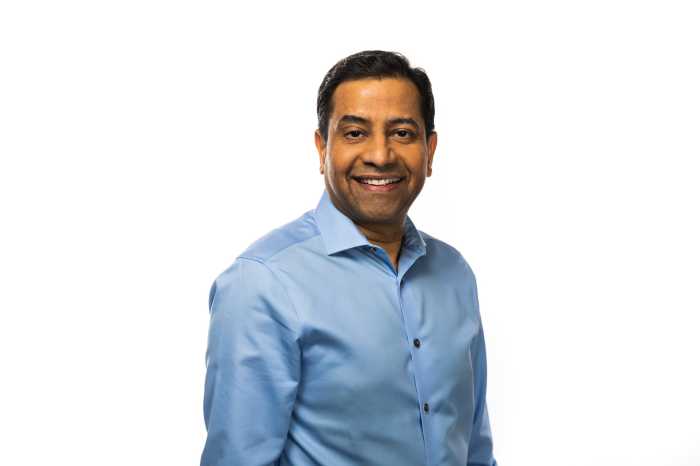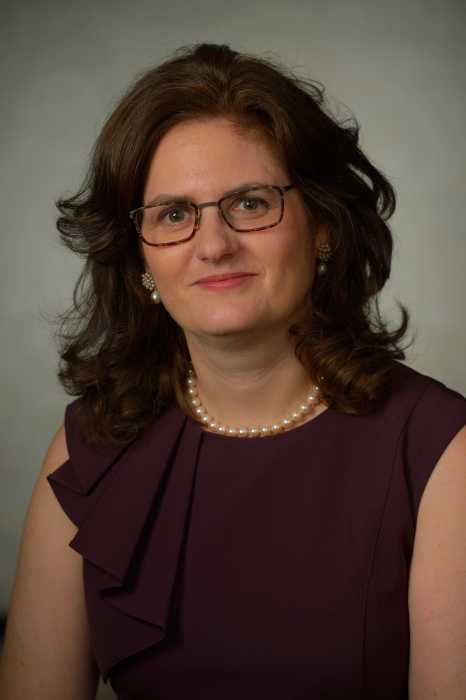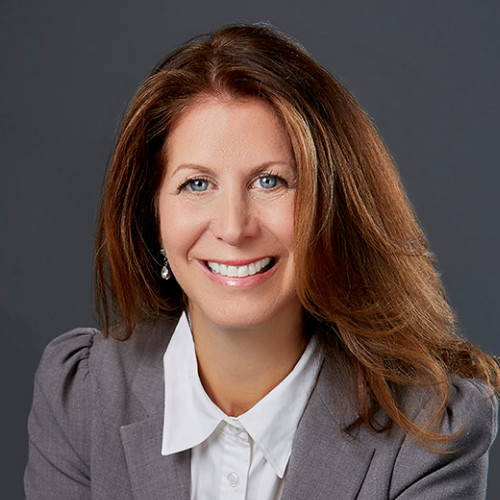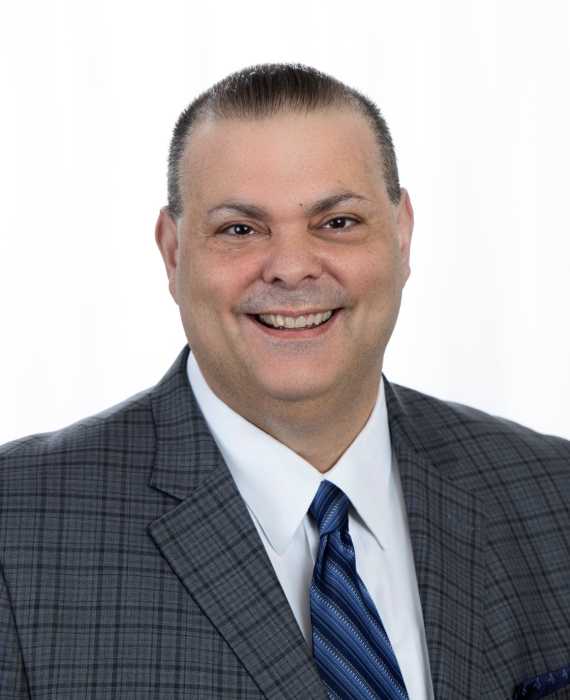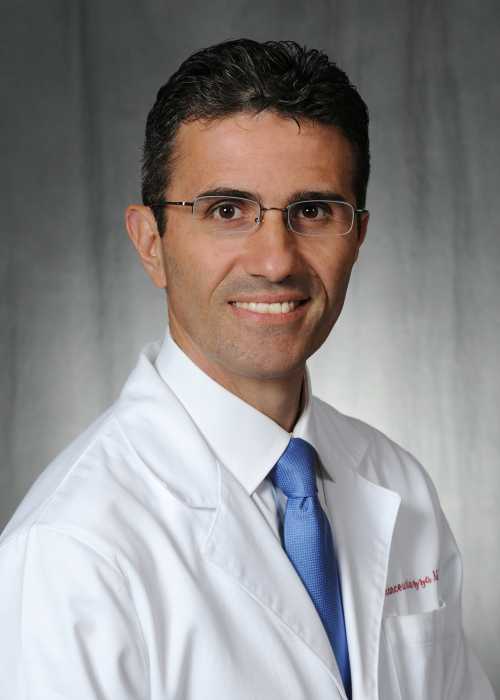Dr. Menachem M. Meller, MD, PhD, FAAOS, is a board-certified orthopaedic surgeon who has been practicing for over 33 years. He received his medical degree from Rush Medical College. Dr. Meller specializes in orthopaedic medicine and is experienced in trauma and acute injuries, adult reconstruction joint replacement surgery, sports medicine, and arthroscopic surgery, as well as injuries and illness that may have a medical or metabolic basis.
What can Pennsylvania policymakers do to ensure equitable access to quality healthcare?
In most cases, access to healthcare requires having healthcare insurance. Individuals at the top and at the bottom of the socioeconomic scale are adequately insured. The middle strata are often placed in an unenviable position where purchasing a healthcare policy must be balanced against other life necessities. Policymakers can adjust Medicaid guidelines to include levels of inflation and cost of living adjustments to make healthcare more affordable. Furthermore, policymakers can make it difficult for for-profit health systems to enter a market and preferentially close mostly urban safety net hospitals in favor of reaping healthcare profits.
When and why did I decide to pursue a career in healthcare?
Like many other healthcare providers, I went into healthcare for altruistic reasons–I wanted to help people. This is life’s greatest calling. I started my career as an engineer developing synthetic fuels, and we were told that we would run out of oil by 1990. This sounded rather urgent, so I decided to help people stay warm and fed on a much larger scale. When this projection did not turn out to be accurate, I changed directions to be helpful on a more intimate scale.
How do you see the healthcare industry evolving in the next five years?
Healthcare will have to evolve by returning to basics and delivering true patient-centered care. The current transition to electronic medical records and medical record data banks provides the opportunity to define good medicine and quality care. There will need to be more transparency in billing to standardize value and provide a basis for rational healthcare choices. Hospitals and health systems will be scored by how well they integrate medical science into their business models.



